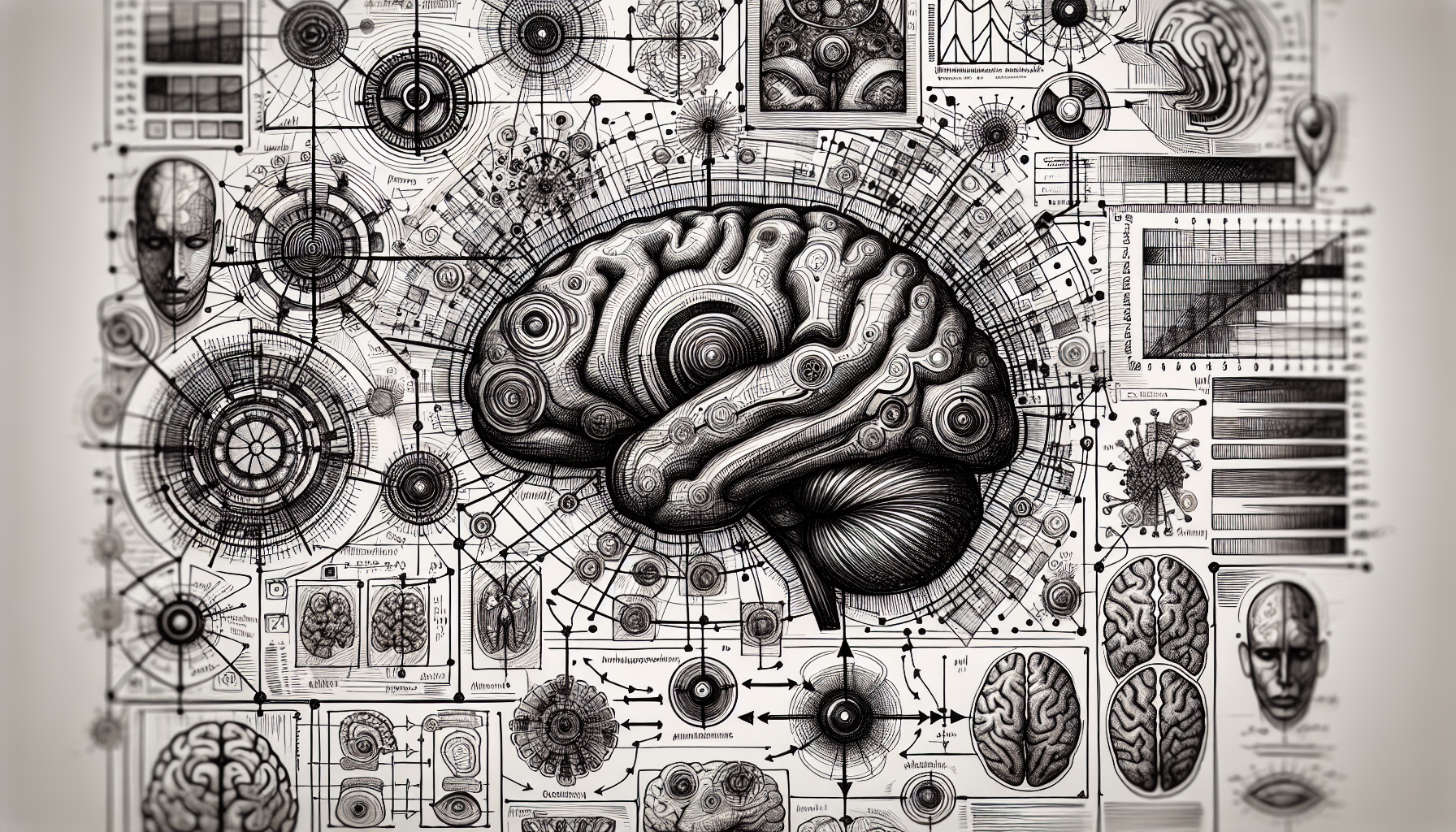These models delve into the intricacies of our thought processes, perceptions, and reactions, having important implications for various sectors including healthcare, genetics, identity perception, and financial wellbeing.
In the healthcare sector, cognitive models play a critical role, particularly in the treatment of mental health conditions associated with aging, such as dementia. Recently, there has been a spotlight on the work of consultant old age liaison psychiatrists who use their understanding of cognitive models to deliver impactful care to patients with dementia and their families. The life stories of these patients, their cognitive capabilities, and how these change over time, provide a rich tapestry for psychiatrists to understand their patients better.
In essence, the application of cognitive models in this field is not just about treating a condition, it’s about treating a person, a sentiment echoed by professionals in the field.
Cognitive models also play a surprisingly significant role in genetic conditions such as Niemann-Pick Type C (NPC) and Tay-Sachs diseases. These are lysosomal storage disorders characterized by impaired function of enzymes responsible for lipid digestion. Recent research has revealed that these conditions may share common gene expression patterns, contributing to their neurodegenerative mechanisms. These findings highlight the importance of cognitive models in understanding the genetic underpinnings of these disorders and could potentially lead to more effective therapeutic interventions.
In the era of constant connectivity, cognitive models are equally relevant in helping us understand the boundaries of our identities. We have seen this embodied in the popular Apple TV+ series, “Severance,” which explores the hidden costs of extreme work-life separation. The storyline forces leaders to redefine the boundaries of identity, showing how cognitive models can help us navigate the complexities of personal and professional identities in the modern world.
Finally, cognitive models are not just confined to the realms of healthcare and identity. They also have a significant role in developing interventions for financial wellness.
A team of experts recently shared their approach in using behavioral science and computational modeling to analyze evidence and target interventions for financial wellness. Cognitive models are at the core of these interventions, providing insights into people’s financial behaviors and decision-making processes.
In conclusion, cognitive models offer invaluable insights into how we perceive and interact with the world around us. They can help us understand and treat complex health conditions, navigate the complexities of identity in a hyper-connected world, and make better financial decisions. As we continue to advance in the field of cognitive science, these models will undoubtedly play an even more crucial role in shaping our understanding of the human mind.
